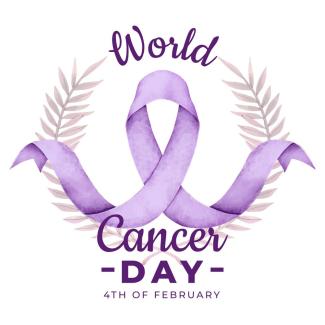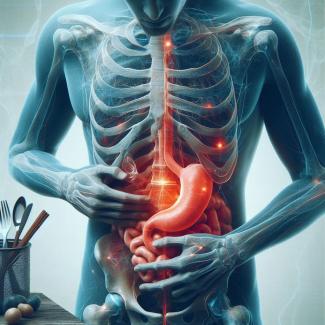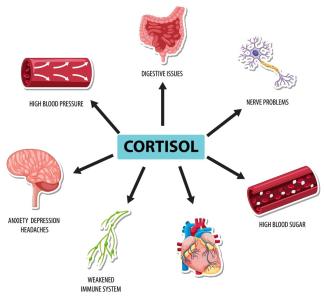
Helicobacter pylori (H. pylori) is a type of bacteria that can infect the stomach lining and cause various gastrointestinal problems, including peptic ulcers and gastritis. Infections with H. pylori can occur at any age, and while it's more common for individuals to be infected during childhood, being infected after the age of 50 is not unheard of. The dangers and consequences of an H. pylori infection in older individuals, like those over the age of 50, can vary depending on several factors, including an individual's overall health and any preexisting medical conditions.
Here are some considerations:
- Symptoms: H. pylori infection doesn't always lead to symptoms. Many people, regardless of age, may be carriers of the bacteria without experiencing any problems. However, when symptoms do occur, they can range from mild discomfort to more severe issues like peptic ulcers.
- Complications: Complications from H. pylori infection can include peptic ulcers, which can lead to bleeding or perforation of the stomach lining. This can be a serious medical issue at any age.
- Age-Related Risks: Generally, as people age, their risk of complications from infections may increase due to weaker immune responses and higher likelihood of underlying health issues. If an older individual has other health problems or is taking medications that can exacerbate gastrointestinal issues, an H. pylori infection might be of greater concern.
- Treatment: H. pylori infection can usually be treated with antibiotics and acid-reducing medications. The choice of treatment may depend on the individual's age and overall health. Some elderly individuals may have different medication tolerances and may need closer monitoring during treatment.
- Prevention: It's important to note that H. pylori infections can be transmitted through close personal contact or contaminated food and water. Practicing good hygiene, especially if you live with or care for older individuals, can help reduce the risk of transmission.
If you or someone you know develops symptoms of an H. pylori infection, it's essential to consult with a healthcare professional. The doctor can assess the individual's specific situation, take into account their age and health status, and recommend appropriate testing and treatment. In most cases, H. pylori infections can be effectively managed, even in older adults, with proper medical care.






